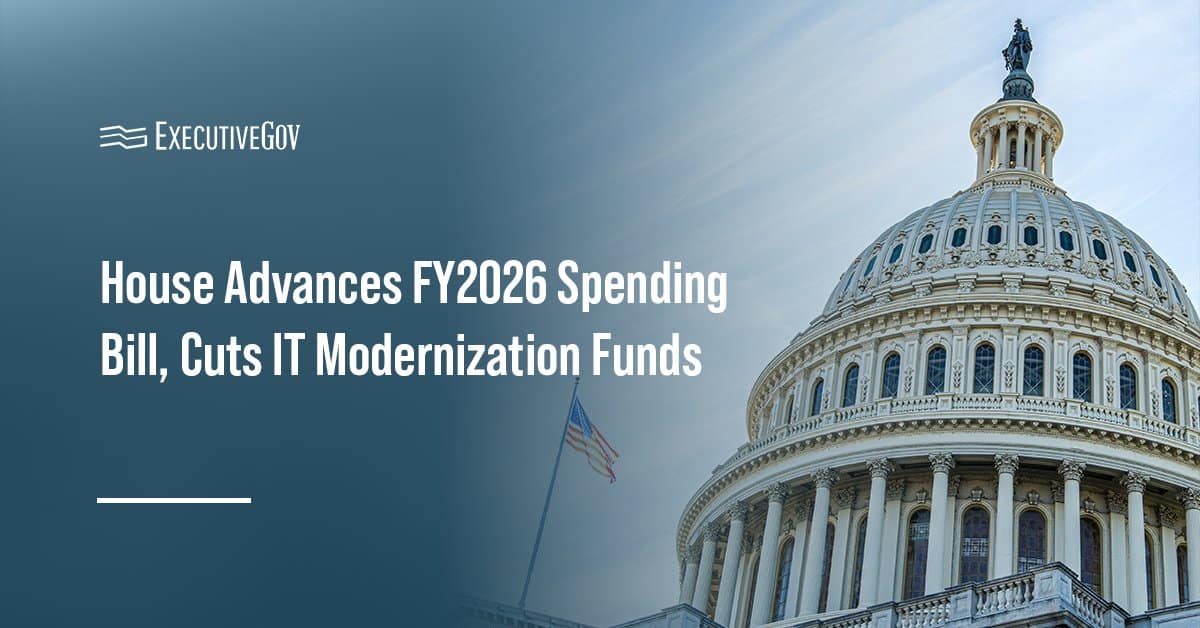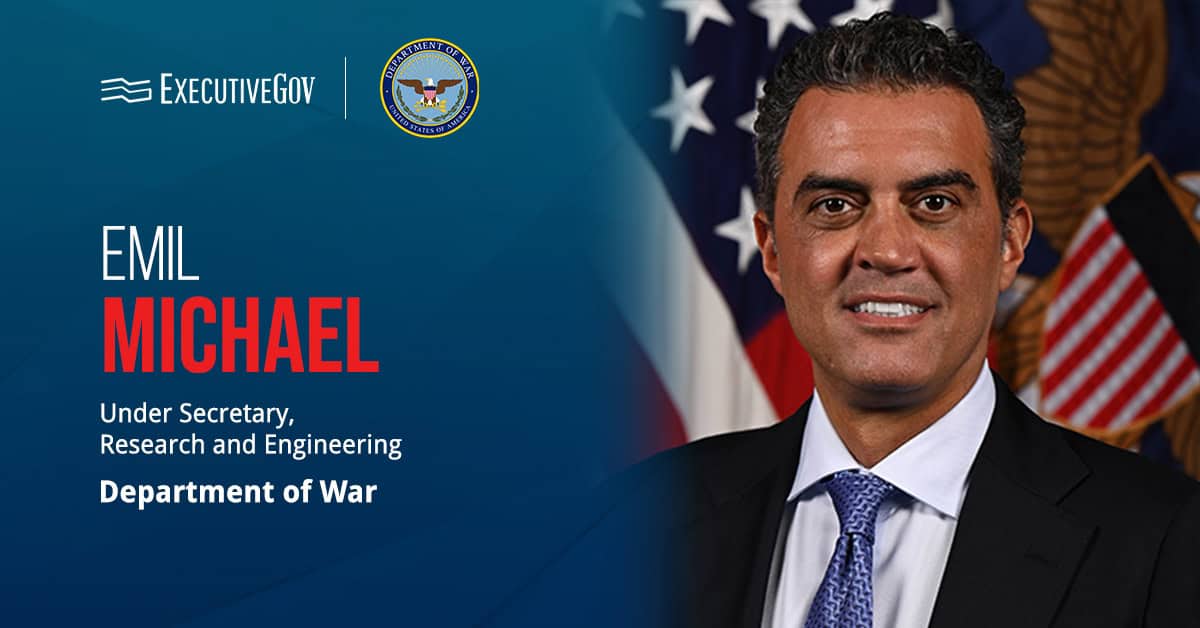The House Appropriations Committee has approved the fiscal year 2026 Financial Services and General Government Appropriations Act in a 35-28 vote, advancing a measure that Republican leaders said restores fiscal discipline while reshaping funding priorities for federal technology and cybersecurity.
Financial Services and General Government Subcommittee Chairman Dave Joyce, R-Ohio, said the legislation “caps federal spending to ensure responsible use of taxpayer dollars, modernizes technology infrastructure to increase efficiency and effectiveness, and strengthens national security by preventing bad actors from taking advantage of our financial system.”
Appropriations Committee Chairman Tom Cole, R-Okla., added that the bill “reinforces national security and community safety with investments to prevent crime in the nation’s capital, strengthen foreign business acquisition review, advance cutting-edge cybersecurity and IT modernization, and bolster anti-drug enforcement.”
Table of Contents
Deep Cuts to IT Modernization Accounts
The bill eliminated new funding for the Technology Modernization Fund for the third year in a row. The House did not explain the action, but it follows the General Services Administration’s proposal to convert TMF into a revolving fund supported by expired agency funds, Federal News Network reported.
Lawmakers also reduced the Federal Citizen Services Fund to $55 million, with $5 million directed toward implementing the Foundations for Evidence-Based Policymaking Act, and cut the IT Oversight Reform Fund to $10 million, half the administration’s request. The ITOR allocation is split evenly between the Office of the Federal Chief Information Officer and the U.S. Digital Service, with lawmakers requiring quarterly reporting on personnel hiring and detailees.
Cybersecurity and Treasury Accounts
While modernization funds were curtailed, the measure boosts certain cybersecurity efforts. The bill allotted $99 million to the Department of the Treasury’s Cybersecurity Enhancement Account, up from $36.5 million in fiscal 2025, with funding targeted at zero trust architecture, low-code application development and cloud cybersecurity. The committee directed the agency to submit quarterly reports on how the money is being spent, citing concern about prior cyber intrusions linked to third-party providers.
By contrast, the Office of the National Cyber Director faces a reduction, with its budget set at $18.1 million—below both its FY 2025 appropriation and $20 million request for FY 2026. The committee urged the office to prioritize protecting federal data in transit and coordinate more closely with the Cybersecurity and Infrastructure Security Agency.
Overall Spending Framework
The FSGG bill provided $23.3 billion in discretionary funding, roughly $410 million less than fiscal 2025 and a 7.9 percent cut from the enacted level. Republicans highlighted the measure’s alignment with the Trump administration’s “America First” agenda, pointing to provisions codifying recent executive orders, limiting diversity and climate-related initiatives, and reinforcing oversight of federal spending.





